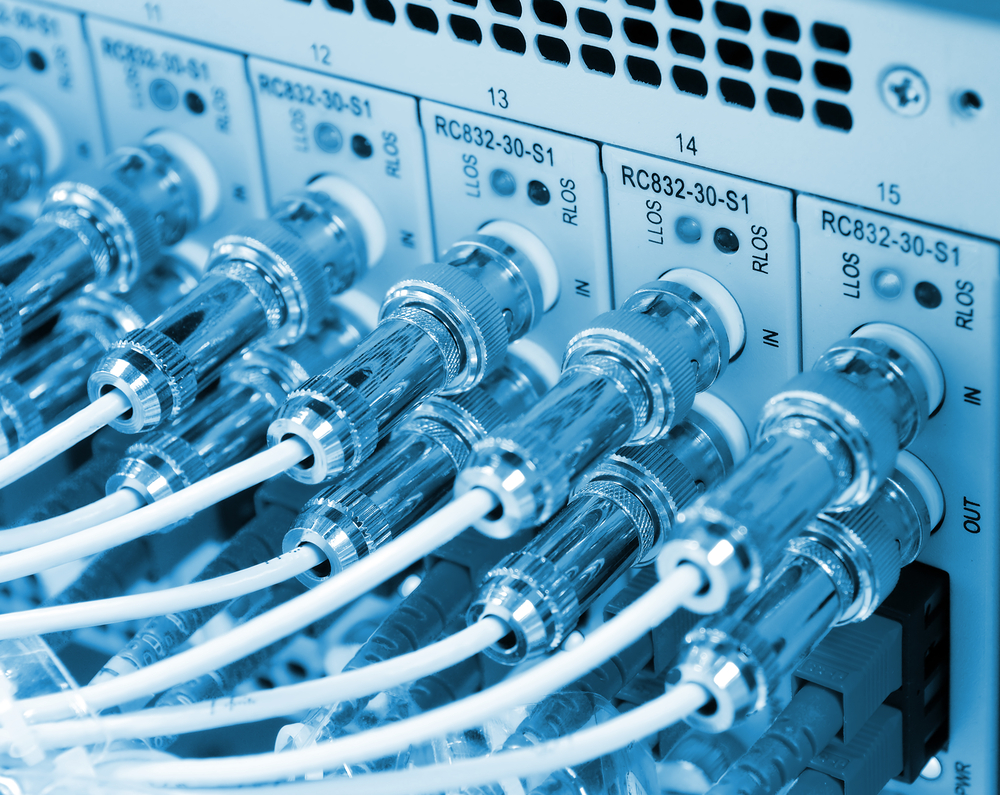The difference between “net neutrality” and “open internet” is the same as the distinction between “Obamacare” and “the Affordable Care Act” – which is to say, it’s purely rhetorical.
But like Obamacare and the Affordable Care Act, the two Web-related terms have taken on different meanings in the minds of voters. According to a Morning Consult poll conducted this month, the term “net neutrality” has taken on a partisan tilt, disproportionately appealing to Democrats and liberals.
The poll asked a national sample of registered voters whether they approve of the rule published by the Federal Communications Commission in March that says internet service provides such as Comcast, Time Warner, AT&T and Verizon cannot load some websites faster than others in exchange for a fee. The FCC approved the rule in February on a 3-2 vote.
Half of all voters surveyed were asked about net neutrality, whereas the other half was asked about the open internet.
Without considering party affiliation, the difference between voter reactions to open internet and net neutrality was negligible. Fifty-six percent of voters approved of the net neutrality rule compared with 55 percent who approved of the open internet rule.
But on the party level, voters were split.
Among Democrats, 67 percent approved of the net neutrality rule, while 59 percent backed the open internet rule. Republicans split in the opposite direction, with 50 percent approving of the open internet and 44 percent supporting net neutrality.
